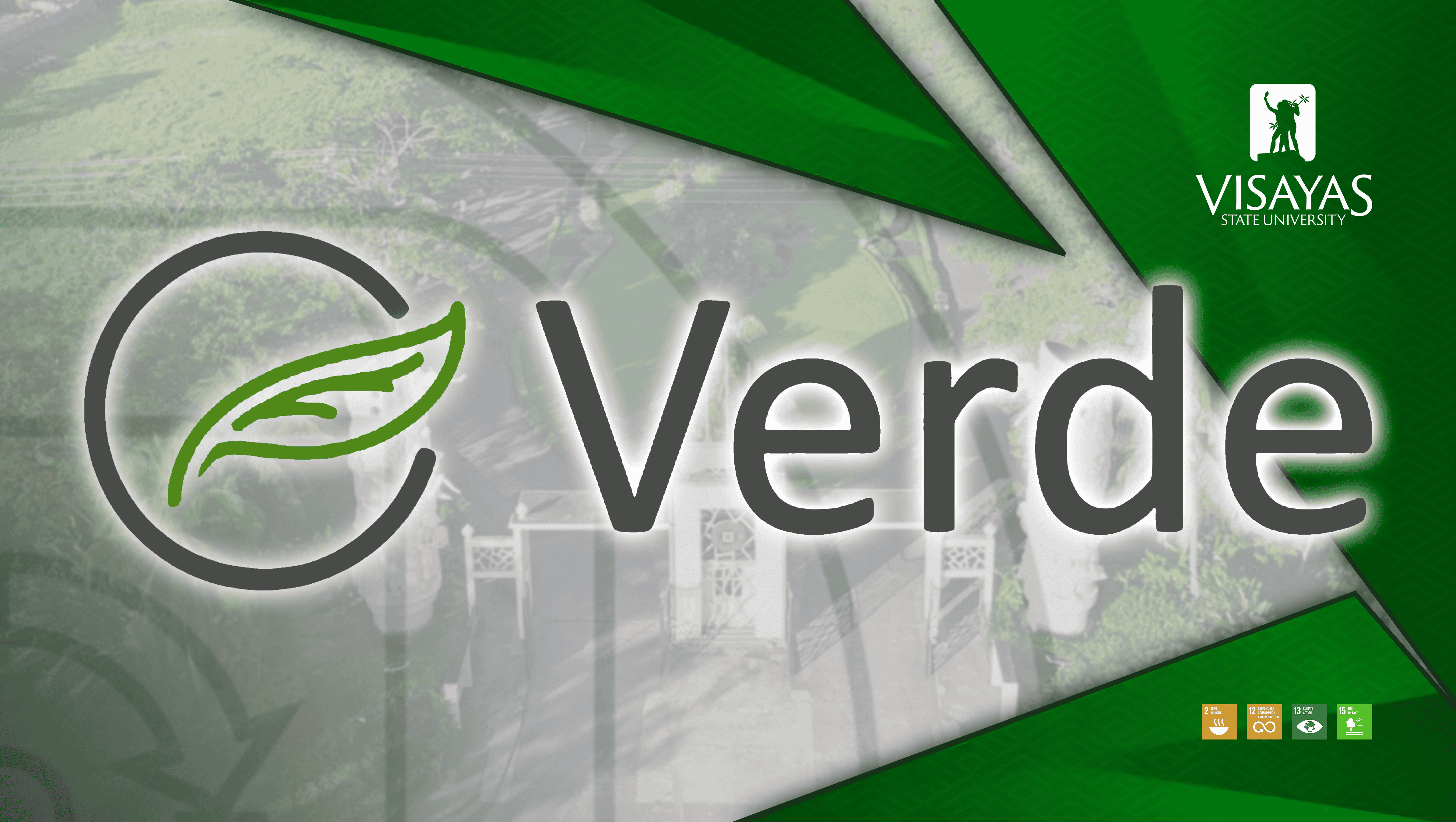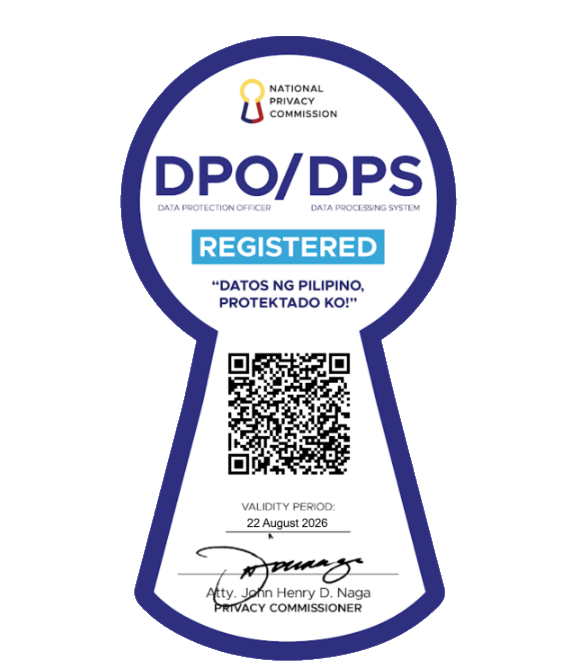VSU partners with Verde Carbon Capture to lead new push for low emission rice production
- Details
- Written by Elmera Y. Bañoc
-
Published: 24 September 2025

The Visayas State University (VSU) has entered into a partnership with Verde Carbon Capture, Inc. (VCCI) to pioneer a large-scale project that targets methane reduction in rice production areas of Leyte and Bohol.
This initiative focuses on introducing Alternate Wetting and Drying (AWD), a climate-smart water management strategy where rice paddies are alternately flooded and drained instead of being kept under submersion.
Such an approach reduces methane emissions, a greenhouse gas over 25 times more potent than carbon dioxide. This also conserves water while keeping rice yields stable.
Tackling climate change at the farm level
Rice production is a vital livelihood in Leyte and Bohol, where over 70,000 hectares are cultivated for the crop. But traditional practices of continuous flooding release significant amounts of methane into the atmosphere. With agriculture contributing heavily to greenhouse gas emissions, rice fields have become an important frontier for climate action.
The VSU-VCCI project seeks to quantify how much methane can be reduced through AWD, while also generating data that can be used in carbon credit systems.
Under the Joint Crediting Mechanism (JCM) between the governments of Japan and the Philippines, greenhouse gas reductions achieved through projects like this can be verified and credited. These credits can then be traded or used to help countries meet their international climate targets.
For farmers, this means that adopting AWD may eventually bring economic incentives in addition to environmental benefits.
Science at work in the fields
The project places VSU researchers at the forefront of field implementation. They will conduct gas sampling and analysis using specialized equipment to measure methane levels in rice paddies, while also monitoring soil and water conditions alongside plant growth and yields.
Part of their work involves training farmers and local agriculture technicians on the proper application of AWD practices and accurate record-keeping,
In addition, the team will gather feedback from farming communities to assess their awareness, perceptions, and readiness to adopt AWD as a sustainable water management strategy.
Methane reduction is at the heart of the project, but its potential impact goes further. For farmers, AWD offers a way to save irrigation water, which is increasingly scarce in many rice-growing areas. It can also reduce costs linked to pumping and fertilizer use, without compromising yield when properly managed.
For local governments and communities, the project provides science-based guidance and sustainable farming, aligning with climate change adaptation and disaster risk reduction strategies.
And for the Philippines at large, success in Leyte and Bohol can serve as a model for other rice-producing provinces and will open the door for broader adoption of AWD and participation in carbon credit markets.
The partnership positions VSU as a key research hub for climate-smart agriculture in the region. More importantly, it places local rice farmers at the center of an initiative that addresses climate change.
This article is aligned with Sustainable Development Goal (SDG) 2: Zero Hunger; SDG 12: Responsible Consumption and Production; SDG 13: Climate Action, and; SDG 15: Life on Land.


